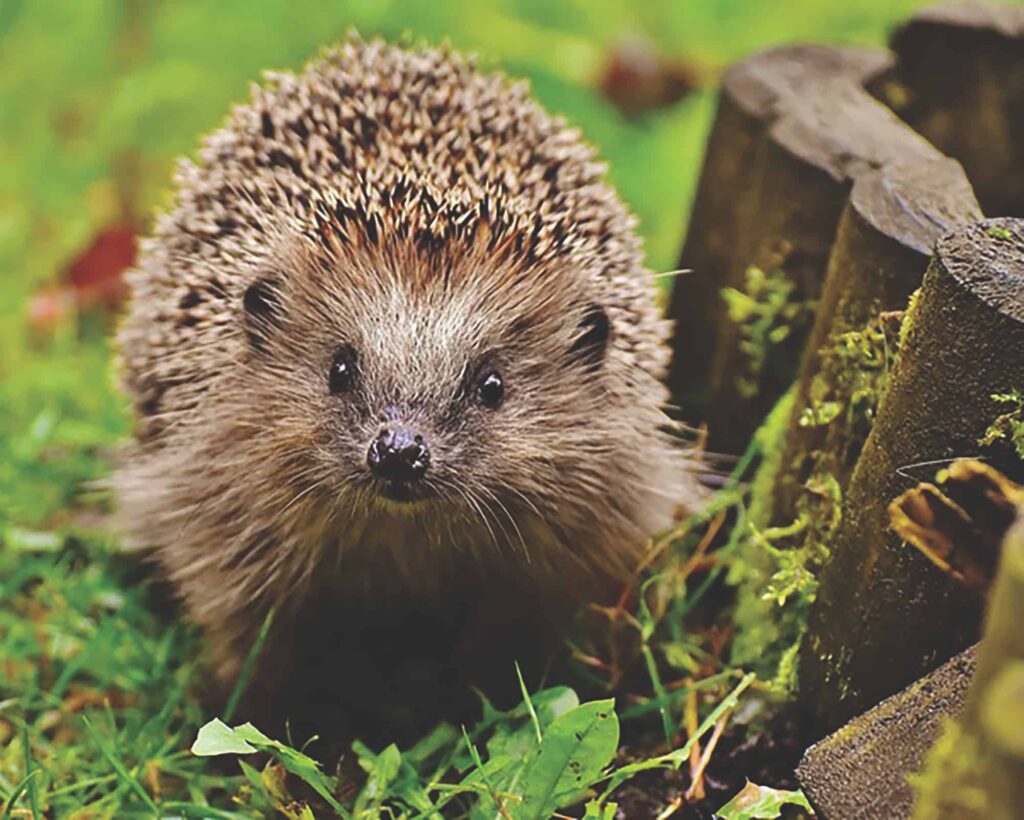Community header template
- Home
arrow_drop_down
- News
arrow_drop_down
- What’s On
- Local Information
arrow_drop_down
- Community Groups
arrow_drop_down
- Business Support
arrow_drop_down
- Advertising Rates
- Business Networks
- Akin Arundel
- Arundel Chamber of Commerce
- Consultants, Admin Support & Office Space
- Film Location & Production Support
- IT & Technical Support
- Legal, Financial Planning, Accountants And Insurance
- Local Publications And Media
- Marketing, Printing & Digital
- Business Newsletter
- Local Directory
arrow_drop_down
- Estate & Lettings Agents & Architects
- Health, Beauty & Wellbeing
- Home & Gardening Services
- Legal, Financial Planning, Accountants And Insurance
- Photographers, Fashion & Lifestyle
- Retirement, Care & Funeral Services
- Travel, Holidays & Languages
- Tradesman, Builders and Property Services
- Vehicle Repairs, Storage, Hire & Taxi Services
- Weddings, Events & Entertainment
- Contact
Be a Friend to Hedgehogs

Published Autumn 2021, by Kay Wagland
Kay Wagland gives some ideas on how we can all help to stem the drop in the hedgehog population in the UK
HEDGEHOGS are everyone’s friends but their numbers have plummeted in recent years. From being one of our commonest mammals, in 2020 they were put on the UK Red List of species vulnerable to extinction.
Why have so many been lost?
Hedgehogs mostly eat beetles and caterpillars, other insects and worms. They forage for food, hide and hibernate in scrubby undergrowth, piles of leaves and dead wood, which are important for beetles and grubs. Use of pesticides and clearing wild plants have meant dramatic losses of these insects. ‘Tidying’ of undergrowth and scrub, garden and street lighting which exposes shy, nocturnal hedgehogs, and fencing which blocks access to gardens and green spaces, all mean hedgehogs are often homeless, vulnerable and starving.How you can help hedgehogs
- Let them into your garden. Hedgehogs roam a long way each night looking for food. Put low level gaps 12- 13 cm square in fences so they don’t travel fruitlessly, and keep gardens in darkness.
- Love your butterflies and beetles! Encourage wildflowers, grasses and ivy and even nettles (important for butterflies) and keeping prunings around gardens and green spaces where caterpillars, beetles and worms can thrive. Keep garden poisons away.
- Be very careful with strimmers. Over-enthusiastic tidying of undergrowth is death to hedgehogs. They lose their home and food and strimmers and mowers cause terrible injuries.
- Feed and water your friends. Put out small sized dried cat or kitten food or meaty dog or cat food, often better than specialist ‘hedgehog’ food, and water at all times. Never bread, milk or wild bird food (especially not mealy worms) and, surprisingly, not slugs. All of these are harmful.
- Provide escape routes. While they swim well, hedgehogs drown when they can’t escape straight sided ponds and pools. Provide a way for small creatures to climb out of water.
- Get help for a ‘hog’ in trouble. A hedgehog out in daylight is probably very ill, young ones always so. Mums may venture out for food in the day, but it can be a bad sign. Get specialist help for young hedgehogs immediately. Grove Lodges Vets by the A27 at Worthing BN14 9DL, 01903 234866 provides 24 hour emergency care and Brent Lodge Wildlife Trust at Cow Lane, Sidlesham PO20 7LN, 01243 641672 longer term care.
- Give a hedgehog a home. A safe, dry box home can be a lifesaver. Check out best designs at https://hedgehogcabin.info and other detailed information.
